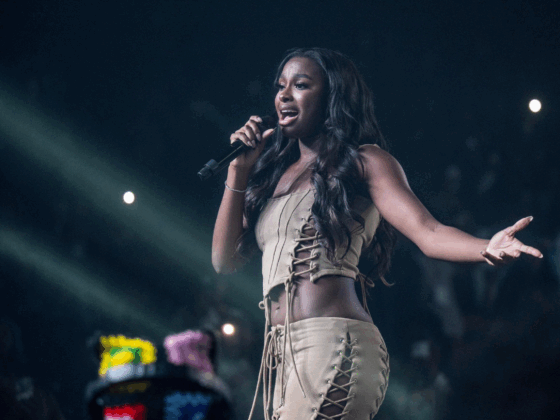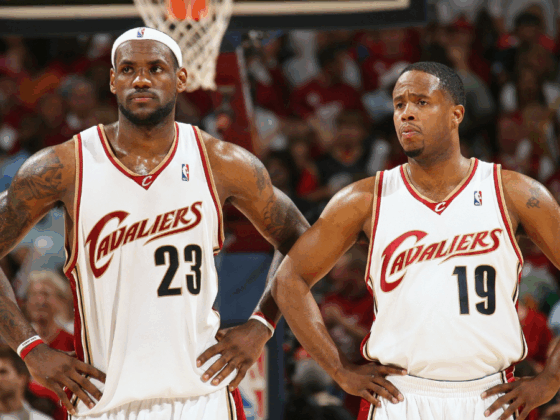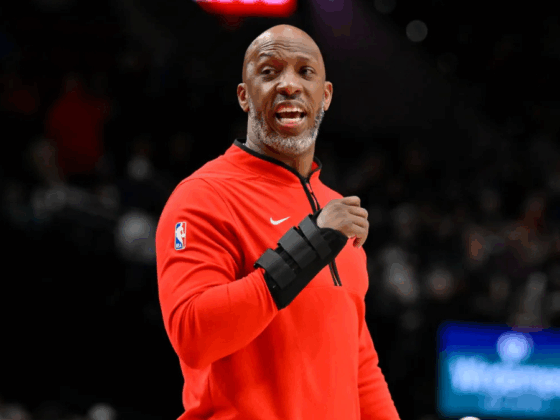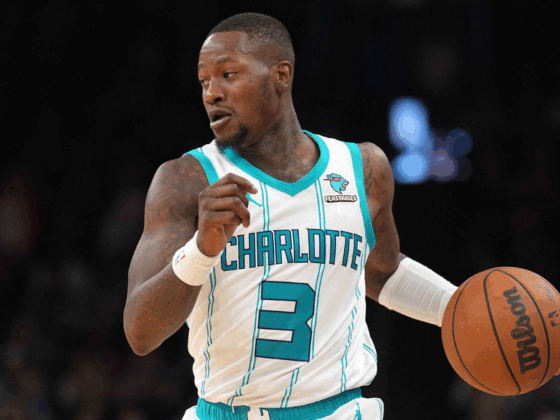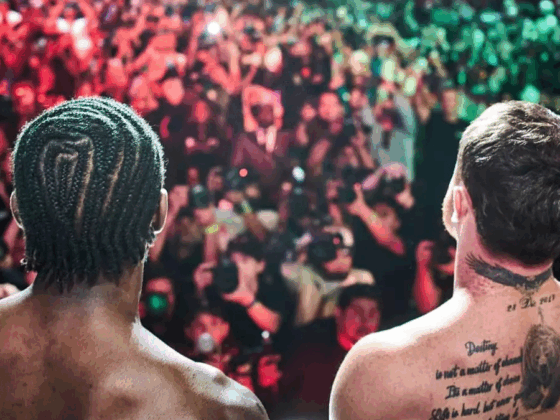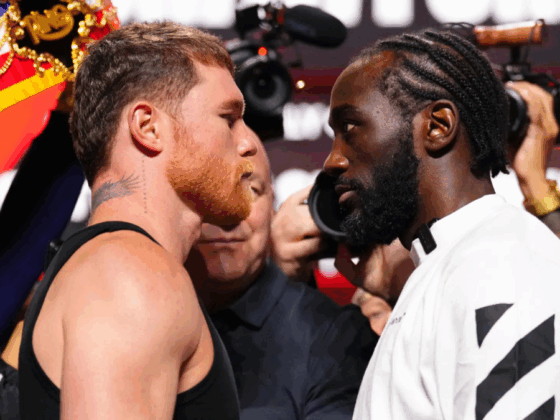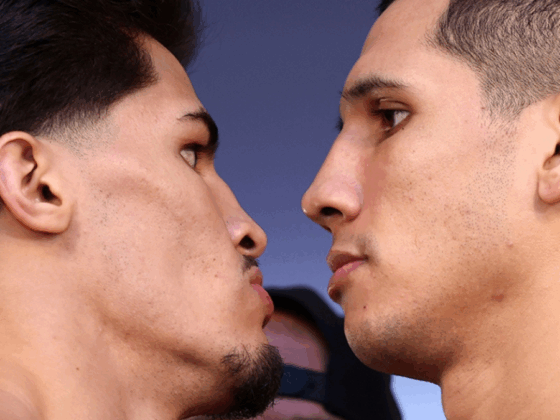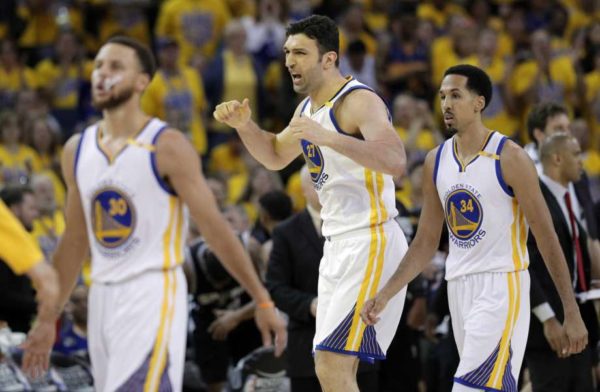
There is a difference between leaving everything your body can physically allow on the court, and physically laying out the opponent on the court. It’s a simple concept to understand but one that is muddled with gray areas.
There isn’t a set definition that explicitly declares what makes an NBA player dirty.
Of course, the expansion of social media over the years has allowed every person with an internet connection more stable than the services Spectrum can provide an excuse to create their own definition. These definitions are usually only useful if it fits the narrative at hand. The apparent social media war that took place between Draymond Green and half of the Boston Celtics roster after the Olynyk-Oubre incident is a perfect example of fans—and athletes—labeling players as dirty.
Draymond Green says Kelly Olynyk is a dirty player: “I don’t respect guys like that.”
(via Dray Day podcast) pic.twitter.com/HRHY3aSLnS
— Jordan Heck (@JordanHeckFF) May 8, 2017
Draymond Green is notorious for his unnecessary leg flailing while Kelly Olynyk is yanking arms off his defenders like they are prosthetic. Ask any Golden State Warriors or Boston Celtics fan and they’ll tell you that the other player is the one who is truly dirty.
That was the first incident of the playoffs, but it wasn’t the last. In game 1 of the Western Conference Finals, Zaza Pachulia, a teammate of Draymond Green, became the new face of the “dirty player” conversation. Early in the third quarter, after having already fallen to the floor in pain with an ankle injury, Kawhi Leonard landed on Pachulia’s foot which took him out of the game, and potentially the series. Under normal circumstances, this would have been just an unfortunate accident. However, with Zaza Pachulia’s history, the moments leading up to the accident, and a questionable extra shuffle under Leonard, heads around the League started to turn.
Kawhi Leonard injures his ankle again and this time he’s headed to the locker room. pic.twitter.com/gG6cVy6Sse
— Def Pen Hoops (@DefPenHoops) May 14, 2017
Gregg Popovich had plenty to say about the Zaza Pachulia situation, which was understandable. No one wants to see their star player, and perhaps Finals chances, get taken out by a play like that.
Gregg Popovich went OFF on Zaza Pachulia: “Totally unnatural closeout…”pic.twitter.com/QDjw24JHe8
— Def Pen Hoops (@DefPenHoops) May 15, 2017
Zaza Pachulia himself denied the accusations, as did teammates Kevin Durant and Steph Curry. With emotions high between players, coaches, and fans, the “dirty” player title has been thrown around a lot. Of course, if it was intentional, Zaza can easily be considered a dirty player. However, if it was purely coincidental, and you took all his previous altercations at face value, it might be harder to call him a dirty player. However, looking back throughout the history of the NBA, the definition of “dirty” is rather arbitrary.
Take Charles Oakley, for instance. The Enforcer, as he was labeled in New York for his “if you want to score you have to get through me” mentality, is widely considered to be a dirty player. He was, by all means, an excellent player, but one that could pop off at any moment, even during a preseason game. Oakley was consistently someone who found himself in a battle of the words (and sometimes the fists).
If you were to Google “NBA’s top 10 dirtiest players”, Charles Oakley would be numbered somewhere on that list—consistently around the six or seven spot I might add (as if there is already a consensus on what defines a dirty player).
What Oakley did to be considered a dirty player had to deal with what would happen after the whistle blew. Excessive contact after the fact would result in pushing and shoving, and often times, punches being thrown. He’s a Knick legend, and their fans would take a Metta World Peace elbow to the head for him (which is totally dirty), but his constant battles on the court made him hated by fans of all teams. But then when taking a look at the opposite end of the spectrum (not the cable company this time), Chris Paul is considered a dirty player, albeit for completely different reasons than Oakley.
Paul might be harder to find on a top 10 dirtiest players list, but he is a player that is often connected to being considered as dirty. He isn’t actively getting into fist fights with anyone, but he sure has delivered some subtle jabs to his opponent’s nether regions on multiple occasions.
Paul is sneaky when it comes to his dirty side. He does things that aren’t visible at first sight and it initially leads me to believe that the person on the ground writhing in pain is faking it for whatever possible reason, but then I see the replay. Perhaps Paul’s habit of needlessly complaining to opponents, fans, teammates, coaches, and whoever else he decides to pick on, aides in this idea that he is a dirty player, but the compilation of nut shots are hard to ignore as well. That, and his egregious flopping displays.
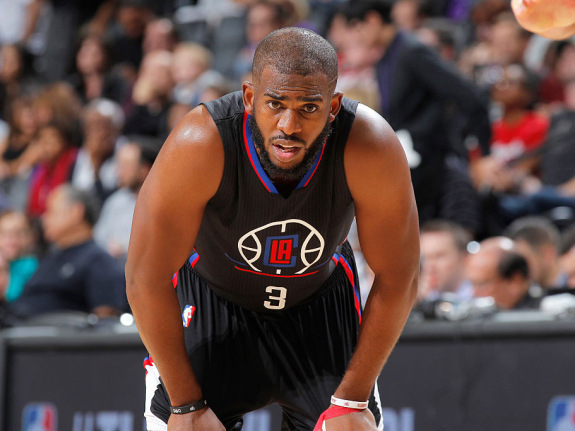
Paul is one of the greatest point guards to ever play in the NBA, but his personality and questionable actions on the court is what hinders him from being considered an all-time great by many.
Another example is Bruce Bowen, who is widely considered as one the greatest perimeter defenders of all-time, but is going to be number one on any top 10 “dirty list” nine times out of ten.
Bowen was notorious for placing his foot underneath jump shooters, which did not allow the shooter a safe spot to land. This is exactly what Zaza Pachulia is being accused of right now. It is an unbelievably uncalled for move and it clearly still happens in today’s NBA despite the knowledge we have that it leads to an increased probability of injuring an ankle. Bowen also once acted out a scene as if he was in a Bruce Lee movie and flying kicked Wally Szczerbiak in the side of the mouth.
Then there are players such as Kevin Garnett and Rasheed Wallace, who are both considered dirty players but not necessarily for the same reasons as Oakley, Paul, or Bowen.
To be fair, Garnett did get in his fair share of tussles, but he and Wallace were more well-known for their callous trash talk, especially Sheed, and this is something Draymond is regularly slandered for as well. Wallace was an enormous trash talker to everyone on the court, referees included. Which is why he holds the record for most technical fouls in one season and the most career techs of any player ever.
In a sense, all of these players are considered dirty in their own right, but their impact isn’t nearly the same. Talking trash to a player is harmless when compared to a flying kick from left field. Competitiveness is being lumped in with the dirty players and it’s giving those who intentionally injure a nice light, and some good company. This is a broad basis that has long been established when labeling a player as dirty, the minimum requirement doesn’t have a bar set too high.
If these are our varying examples of “dirty” NBA players, let’s circle back to Kelly Olynyk and Draymond, who have both been labeled as dirty players.
Based on the history of the term “dirty player”, we can somewhat assess if whether or not NBA fans are just secretly hypocrites who will only talk down about another player if it fits their narrative (i.e. something bad happens to their team by the opposing player).
Spoiler alert; They are.
Draymond Green has been leg kicking grown men in the peaches for years now and the coverup that is often used in his defense is the fact that he is a “high energy guy” who “wants it more than everyone else” and that he is willing to do anything to ensure a victory for his team. Now that could also classify him as a legitimate crazy person and Draymond’s personality—which consists of not caring what other people think about him—backs that claim up; but he truly does desire the taste for winning basketball games more than Phil Jackson desires the taste to stop at nothing to ruin the New York Knicks franchise.
The real debate at hand is the intent. Does Draymond intend to injure the future children of these unfortunate seven-footers?
Kelly Olynyk is somewhat similar to Draymond as they are both repeat offenders in their respective cases. Olynyk has now twice tried—one which was successful—to pry the arm out of someone’s socket just to establish position for a rebound.
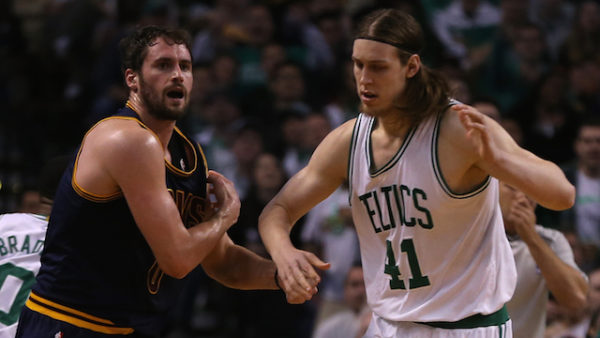
To put it as simply as possible, these are not basketball plays made by Olynyk and the same goes for Draymond’s restless legs.
Adding fuel to the fire, Olynyk and Kelly Oubre Jr. of the Washington Wizards got into a recent scuffle which resulted in Oubre being ejected and suspended for the following game due to him essentially delivering an elbow to Olynyk’s throat after Olynyk set two straight hard screens that seemed to go beyond regular basketball plays, at least according to Oubre’s reaction. This brings up an interesting gray area of whether or not Oubre should be considered dirty because of his reaction, even though this was Oubre’s first “offense”. In many people eyes, he may very well end up getting that tag for simply retaliating and that may help Olynyk look better in the long run.
While Olynyk’s initial incident with Kevin Love in 2015 was without a doubt a dirty play—whether it was intended that way or not—that was all fans could rely on in an argument for Olynyk as a dirty player. There was reason to believe it was a one off, players usually get the benefit of the doubt after one unfortunate incident. However, Olynyk is now placed under a microscope. The next time Olynyk is in the news for something similar to the Love situation, there are going to be a lot of questions asked. When he tried the same thing to Robin Lopez in this year’s playoffs, Twitter-verse unloaded every hot take in the arsenal.
Zaza Pachulia is in a situation where it is practically impossible to judge whether or not his actions were intentional, but regardless of intent, the NBA has emphasized for years that defenders should quit undercutting jump shooters and Pachulia still did it anyways. I don’t believe NBA players are actively trying to injure each other, but that doesn’t take from the fact that Zaza Pachulia, professional basketball player, should know not to stick his leg out underneath someone who is in the air.
A lot of players are observed as dirty because they are repeat offenders. They are consistently put in positions where they are directly related to controversy. That seems obvious, but this logic applies to every NBA player who does something questionable in today’s media driven society.
The more often they are accused, the more often they are criticized. Which is relatively fair.
So what truly defines an NBA player as a dirty one?
Whatever incident happens to take place that day.
